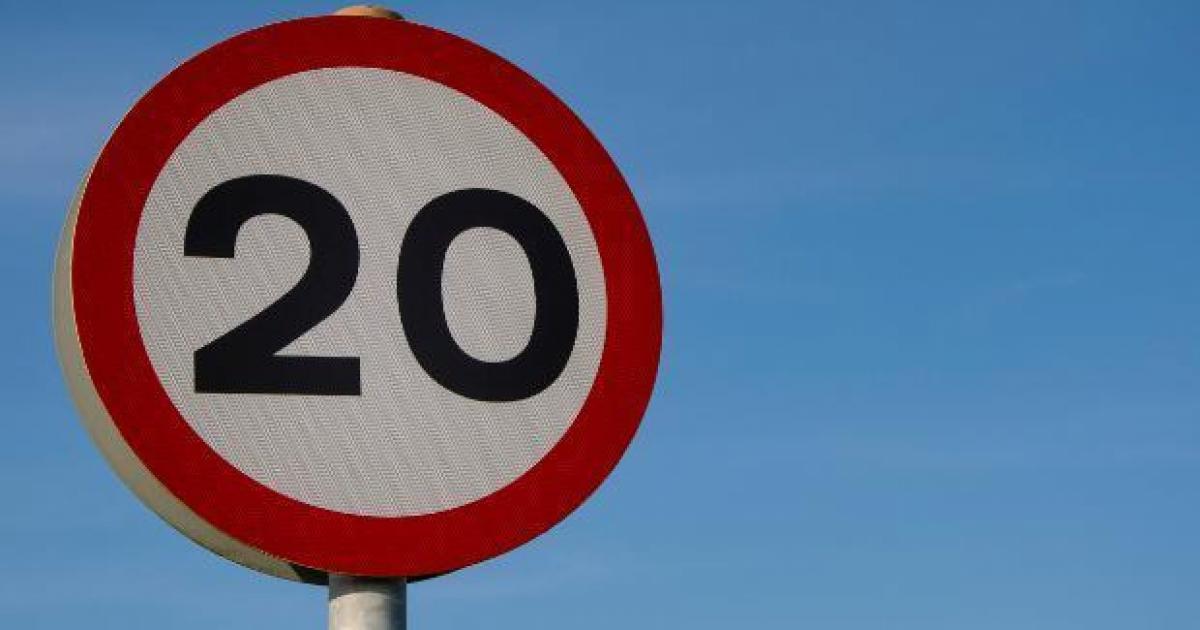Organisers said three of the five stages of the Junior Tour of Wales had been changed as support vehicles would not have been able to keep up with the riders without breaking the limit.
The race finish had been moved from Nantgaredig, Carmarthenshire, the home of three-time Olympic cycling medallist Emma Finucane.
Robbie George, director of development and events for Beicio Cymru, said at the time: “Broadly speaking, the default speed is a positive – proven in the reduction in road casualties and insurance claims as a result.
“We now have a safer Wales that over time will help develop the confidence for more people to participate in cycling.
“For racing though, it’s challenging. Beicio Cymru and associates have been trying to resolve the impact on racing for two years, right down to the last minute, but it was not possible.”
Mr George said organisers had asked for temporary road orders to ensure the riders and convoy could maintain speeds through 20mph sections but were unable to secure them.
He said: “Whilst some will recognise that cyclists cannot be prosecuted for speeding, we still have a convoy of vehicles to manage and we also have no benchmark for what happens if an incident happens within a 20mph zone.
“We make decisions to protect riders, organisers, ourselves and cycling in general.
“It is not as black and white as just about the limits, especially when 20mph zones are not all the same.
“Some sections, uphill, the speed limit will not be exceeded and is therefore not an issue; other sections that are downhill may see riders doubling the speed limit.”
The Junior Tour of Wales is an annual race which started in 1981 and participants have included former Tour de France champion Geraint Thomas and double mountain bike gold medallist Tom Pidcock.
A total of 100 riders were set to start the race in Brynmawr, Blaenau Gwent and head through Powys and Pembrey Country Park in Carmarthenshire.
In September 2023, Wales became the first country in the UK to drop the default speed limit from 30mph to 20mph in built-up areas.
A petition against the law, on the Welsh Parliament webpage, was signed by nearly 470,000 people.
The project proved controversial, with reports of the new 20mph signs being defaced in areas including Conwy, Gwynedd, Newport, Torfaen, Wrexham and Flintshire.
The Welsh Conservatives opposed the scheme and cited Welsh Government documents estimating the cost to the Welsh economy of increased journey times at anywhere between £2.7 billion and £8.9 billion.
This story was first reported on August 23, 2024.
